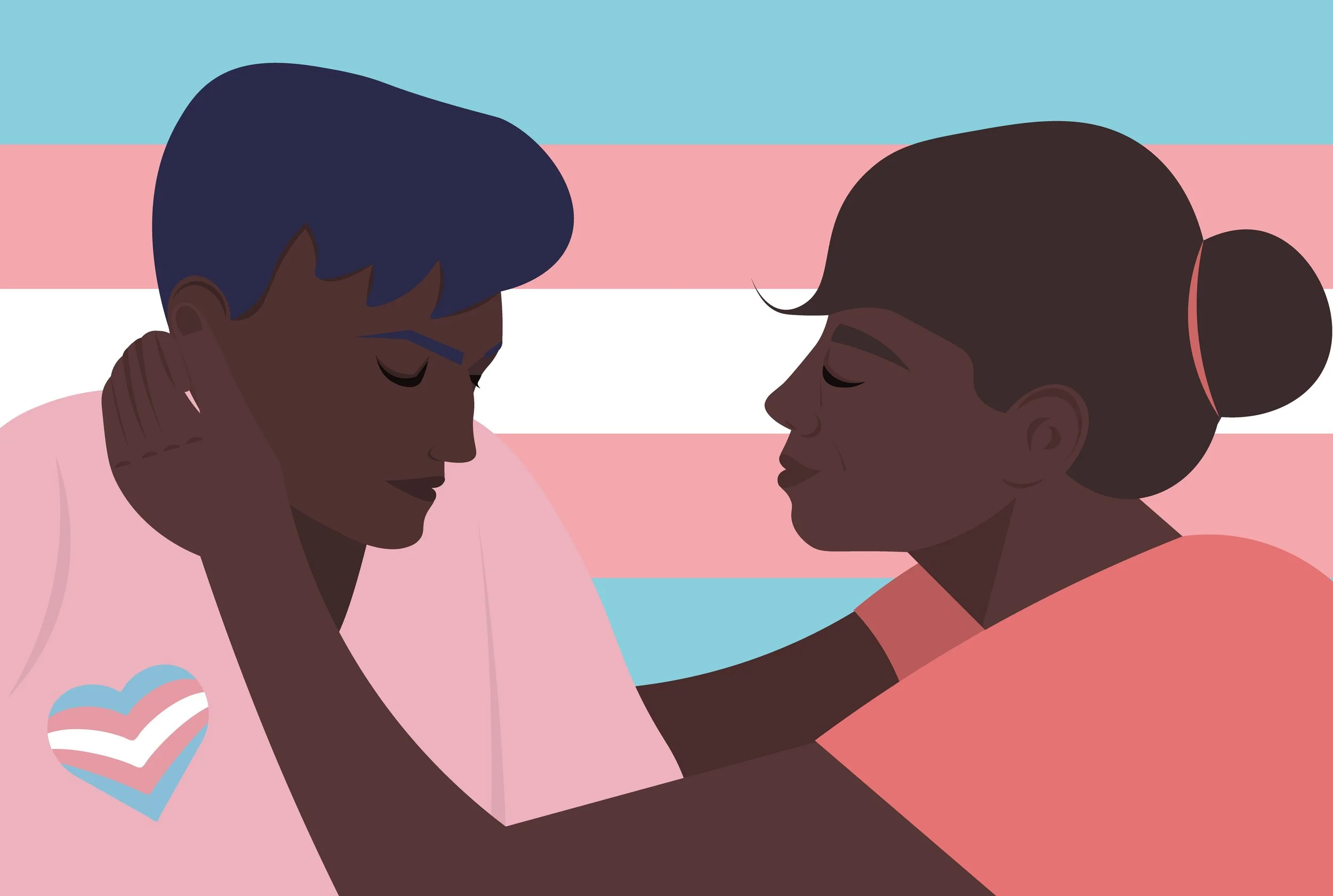Holiday Prep: Navigating the Season as an LGBTQIA+ Youth or Ally
The holiday season can bring both joy and challenges, especially for LGBTQIA+ youth and their allies. Discover tips for creating affirming spaces, supporting loved ones, and showing compassion during this time of year.
Supporting Your Trans and Nonbinary Child: A Guide for Families
Supporting a trans or nonbinary child can feel like uncharted territory, but you’re not alone. At Out Youth, we’re here to help families create safe, affirming spaces where their kids can thrive. Discover practical ways to listen, learn, and celebrate your child while building a brighter future together.


